H.R. 4182: Housing not Handcuffs Act of 2025
This bill, titled the Housing Not Handcuffs Act of 2025, is designed to prevent the criminalization of homelessness on federal public lands. It prohibits federal agencies from penalizing homeless individuals for certain activities conducted on public land necessary for their survival.
Key Provisions
- Prohibition of Penalties: Federal agencies cannot impose penalties on homeless individuals for activities that are necessary for life and well-being.
- Permitted Activities: Homeless individuals are allowed to:
- Engage in life-sustaining activities on public land (e.g., eating, sleeping, resting).
- Use places of public accommodation, as defined by civil rights law.
- Accept or offer food, water, money, or other donations.
- Store personal belongings and enjoy privacy.
- Practice their religion through prayer, meditation, or worship.
- Occupy a legally parked motor vehicle or recreational vehicle.
- Relocate their vehicle before a citation is issued, or retrieve belongings from a towed vehicle at a reduced cost.
- Conditions for Use: A key condition for the permitted use of public lands is the unavailability of adequate alternative indoor space, which must meet specific criteria, including accessibility and the right to bring pets or support persons.
- Adequate Alternative Indoor Space: This refers to spaces that are permanently available to homeless individuals, require no fees, and accommodate their needs without restrictions that violate their rights. Examples include tiny homes, shelters with basic amenities, or designated parking areas with sanitary facilities.
- Enforcement and Legal Action: The Attorney General can initiate civil actions against officials who violate this prohibition. Individuals harmed by violations can also pursue legal action and seek costs associated with litigation if they prevail.
- Necessity Defense: Individuals charged with violating laws against life-sustaining activities can argue as a defense that they lacked access to adequate indoor space.
- Definitions: The bill defines important terms, including "homeless individual," "housing status," and "life sustaining activities" to clarify who and what the provisions apply to.
Summary of Intent
The overarching goal of this legislation is to decriminalize homelessness and ensure that individuals without homes can utilize public spaces without facing legal consequences. It seeks to uphold their dignity and rights while addressing the ongoing issue of homelessness in the United States.Relevant Companies
None found.This is an AI-generated summary of the bill text. There may be mistakes.
Sponsors
30 bill sponsors
-
TrackPramila Jayapal
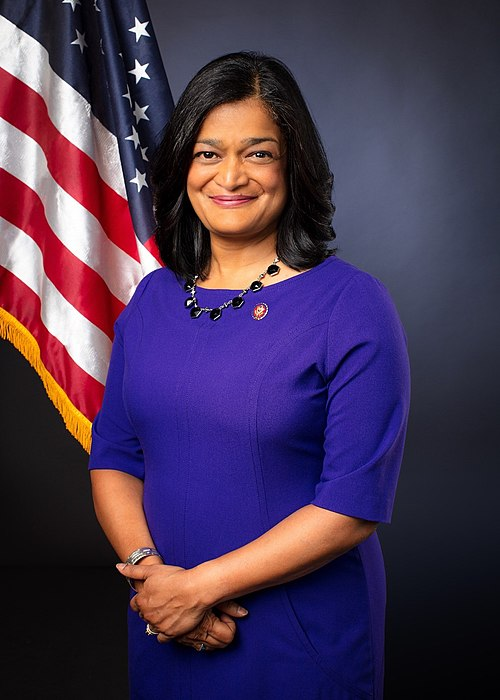
Sponsor
-
TrackYassamin Ansari
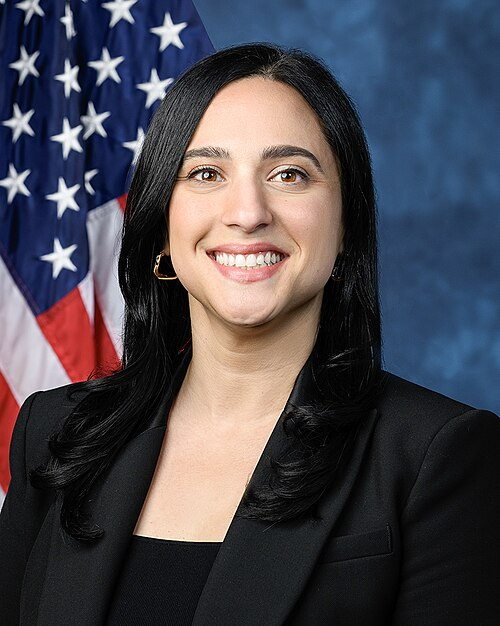
Co-Sponsor
-
TrackBecca Balint
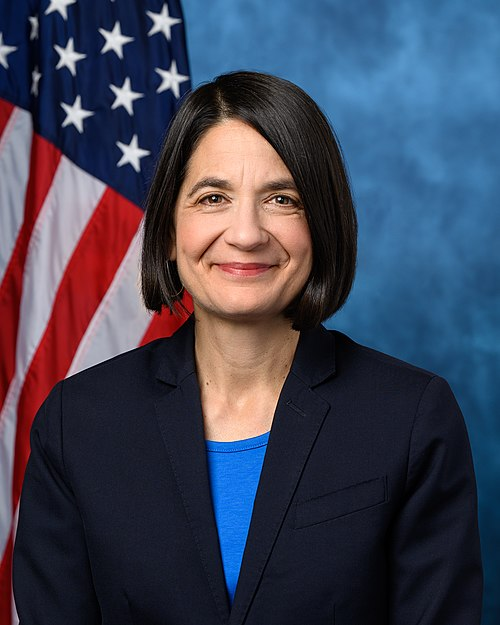
Co-Sponsor
-
TrackSuzanne Bonamici
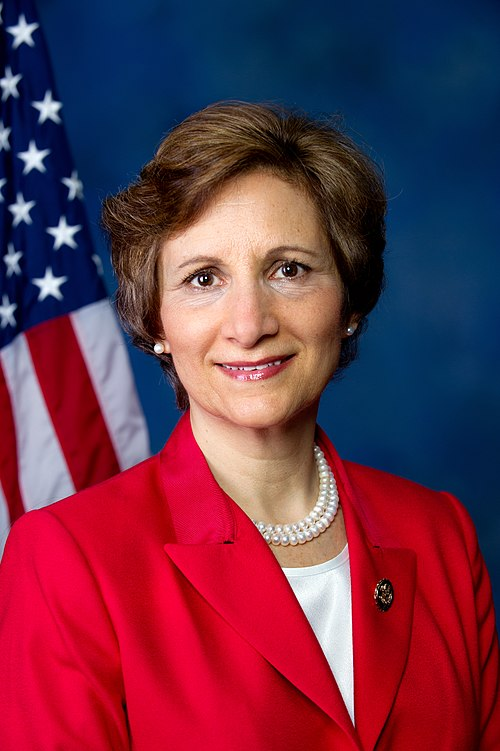
Co-Sponsor
-
TrackAndré Carson
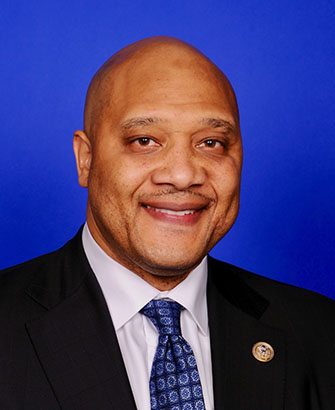
Co-Sponsor
-
TrackGreg Casar
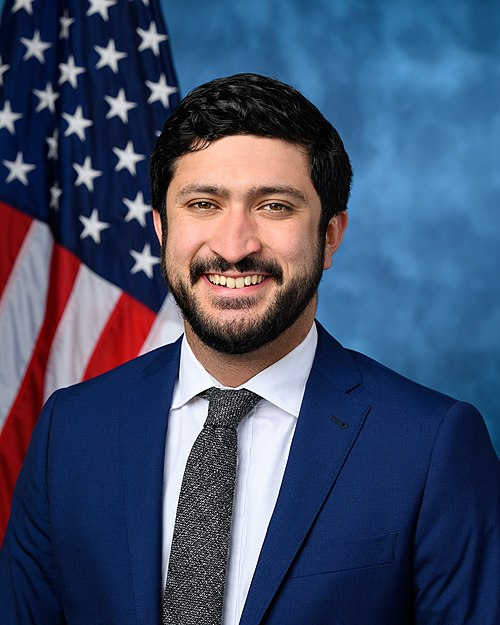
Co-Sponsor
-
TrackJudy Chu
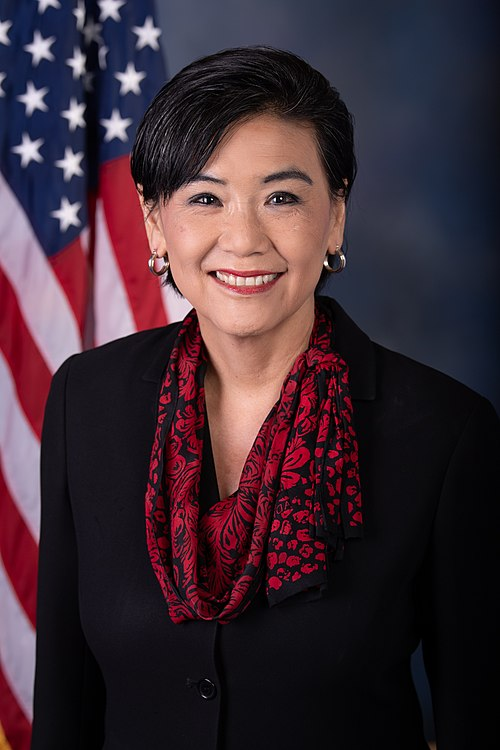
Co-Sponsor
-
TrackDanny K. Davis
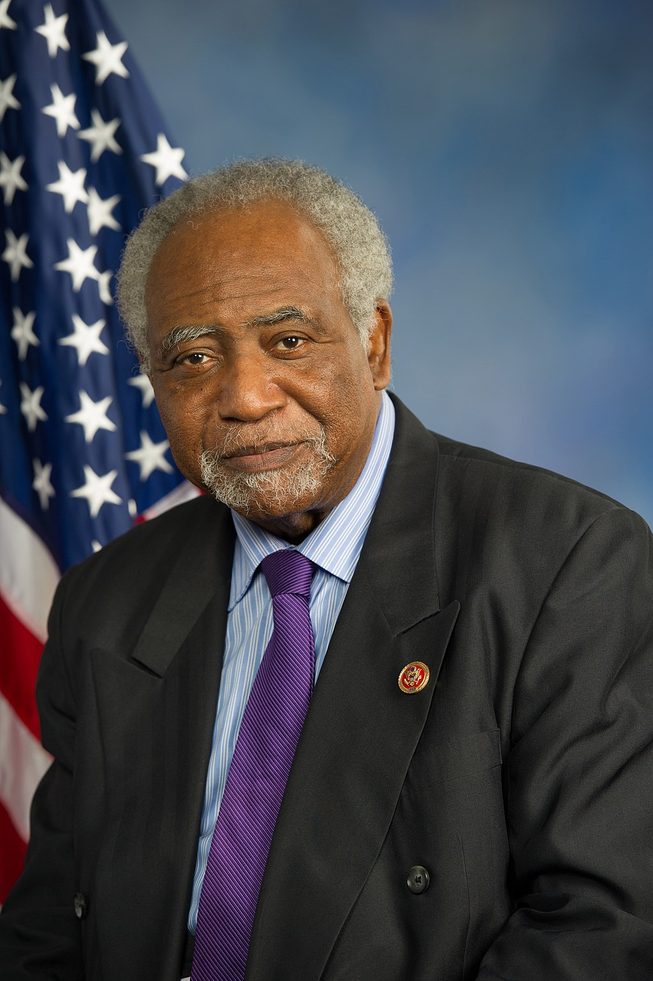
Co-Sponsor
-
TrackMaxine Dexter
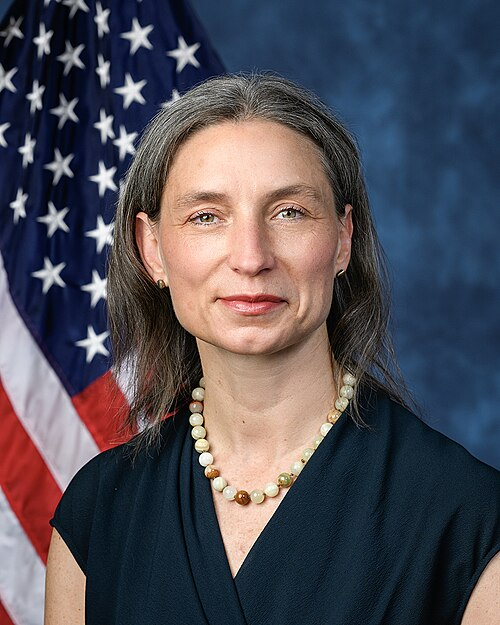
Co-Sponsor
-
TrackDwight Evans

Co-Sponsor
-
TrackMaxwell Frost
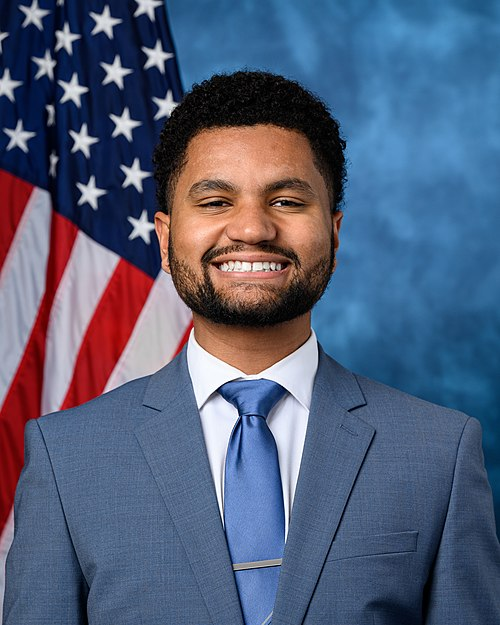
Co-Sponsor
-
TrackSylvia R. Garcia
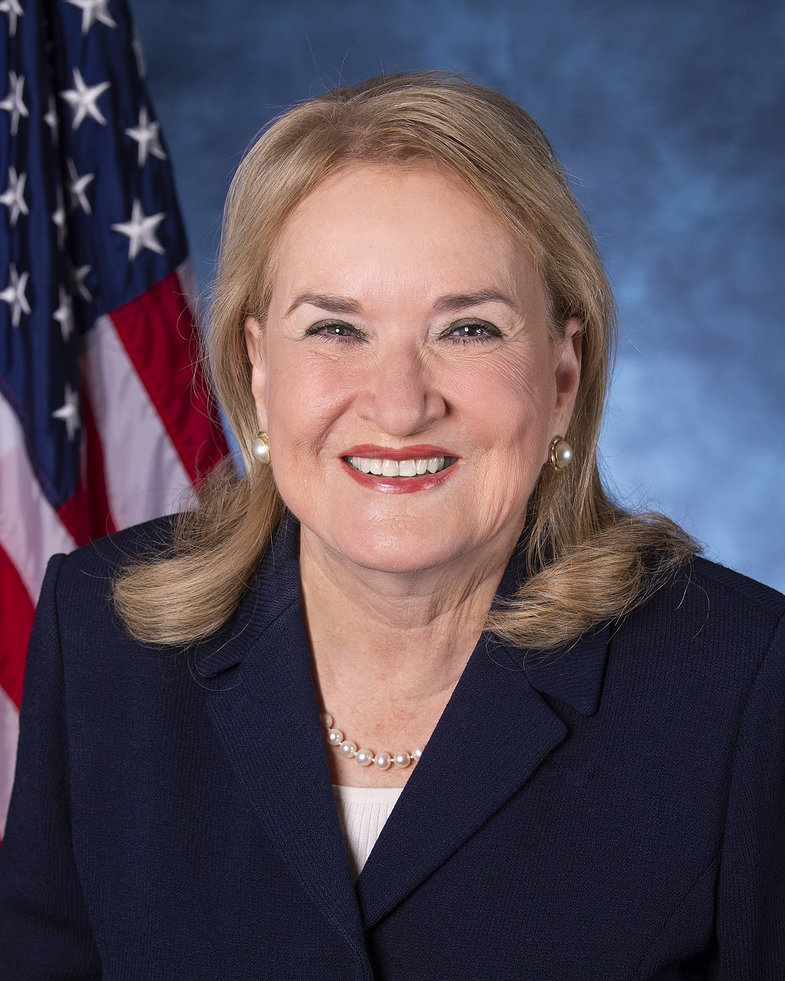
Co-Sponsor
-
TrackJesús G. "Chuy" García
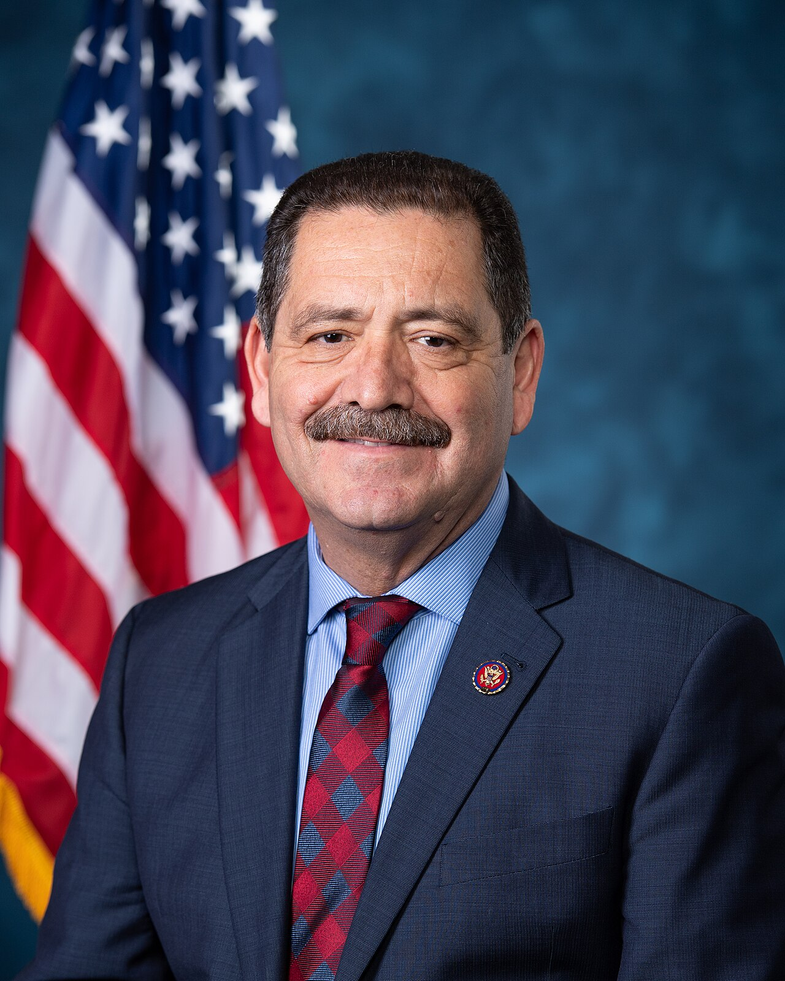
Co-Sponsor
-
TrackHenry C. "Hank" Johnson, Jr.
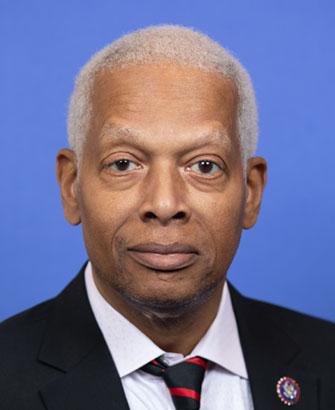
Co-Sponsor
-
TrackSummer L. Lee
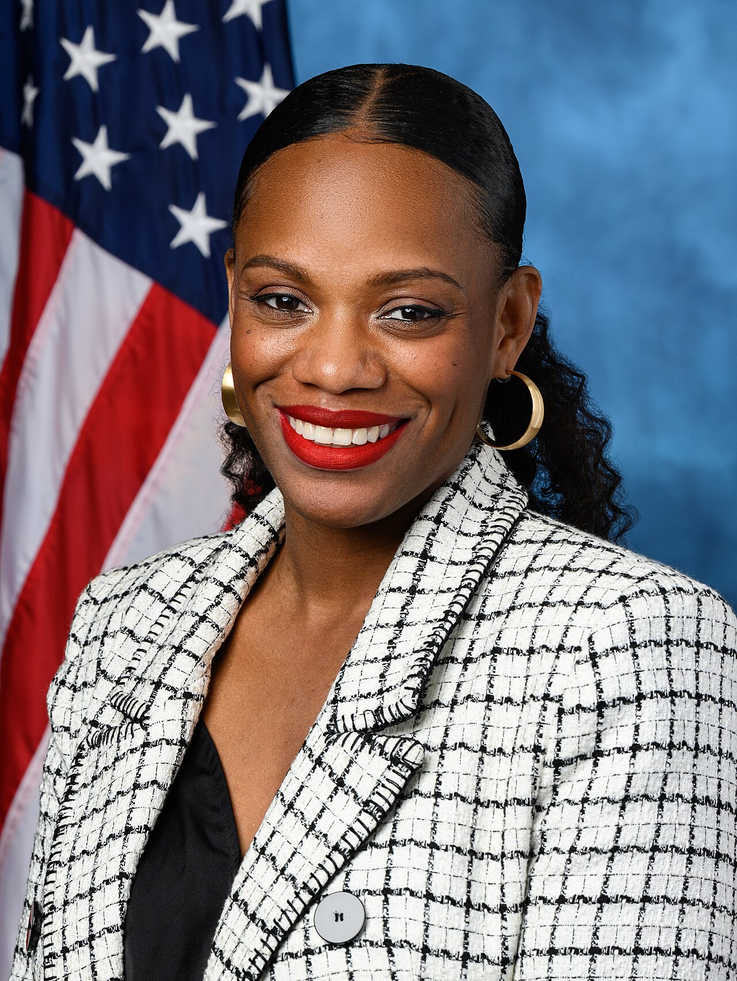
Co-Sponsor
-
TrackJames P. McGovern
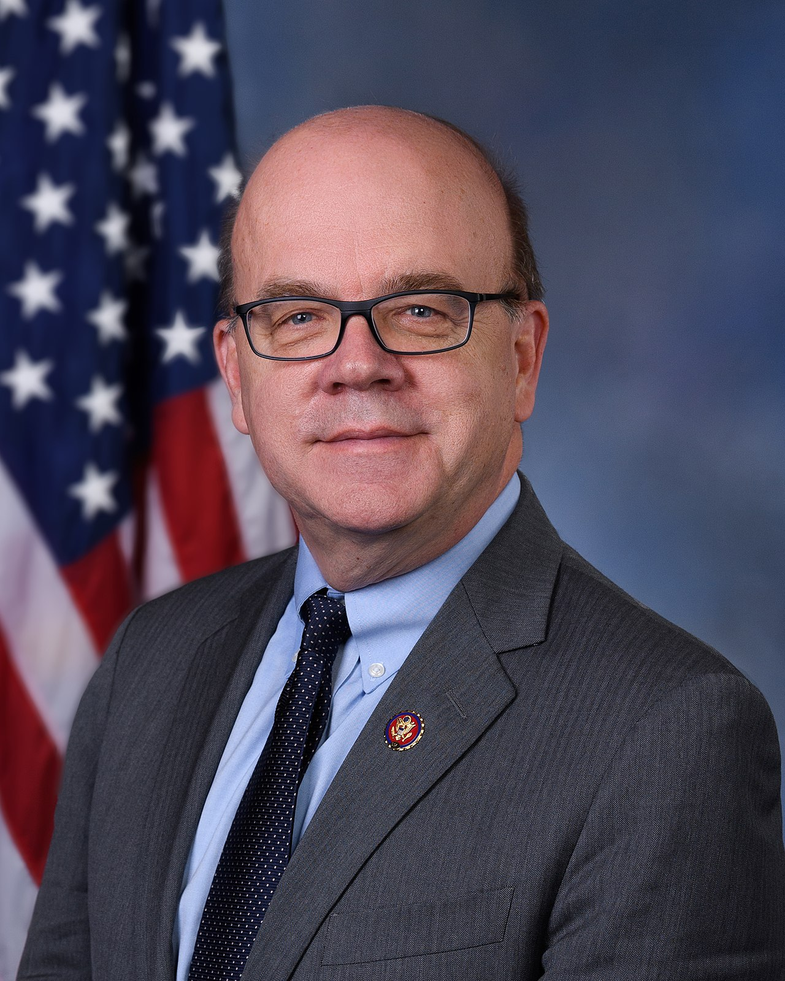
Co-Sponsor
-
TrackLaMonica McIver
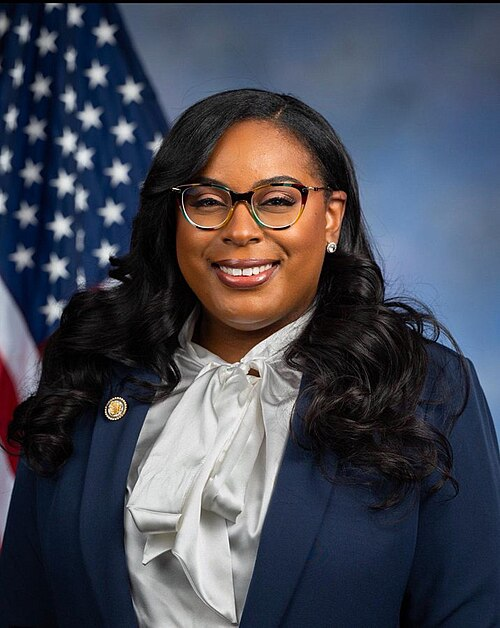
Co-Sponsor
-
TrackJerrold Nadler
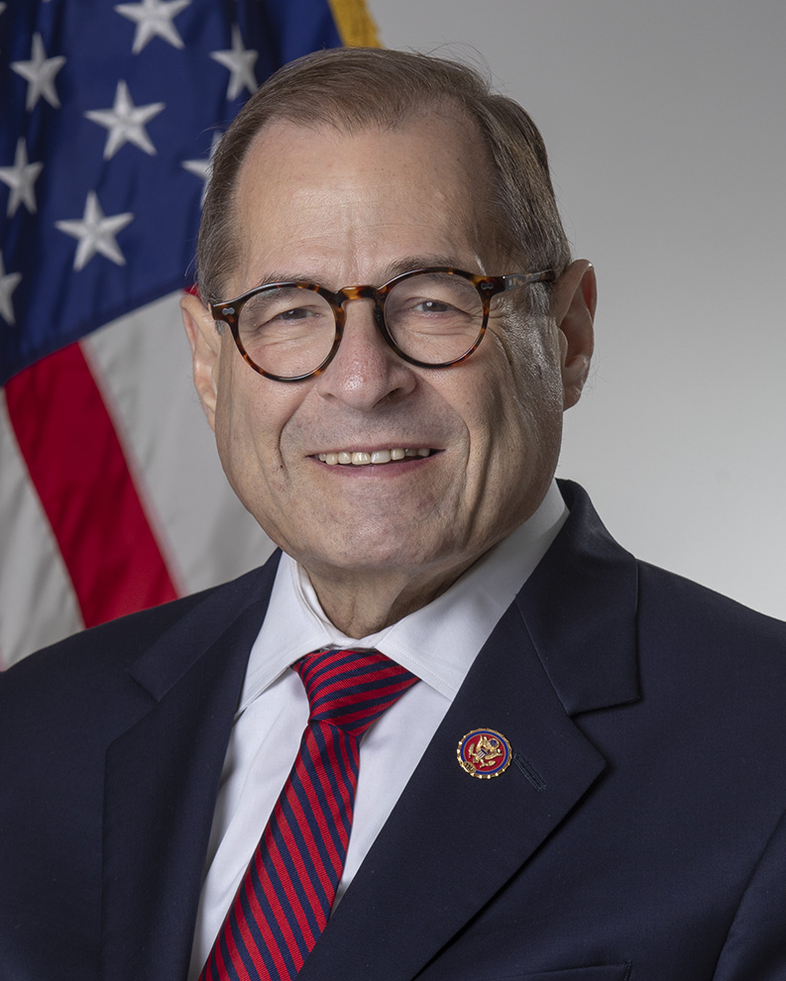
Co-Sponsor
-
TrackEleanor Holmes Norton

Co-Sponsor
-
TrackIlhan Omar
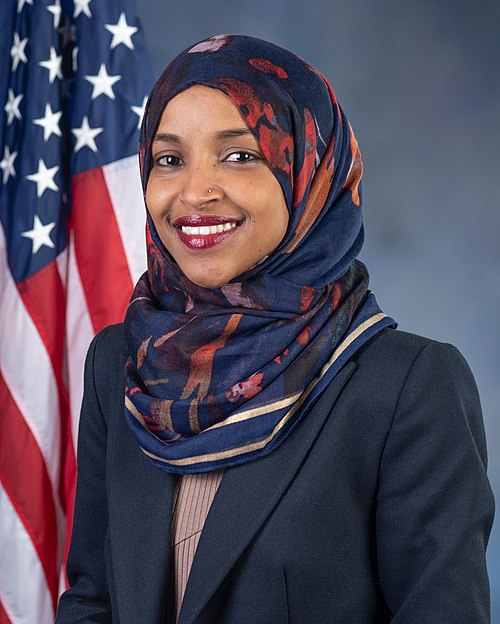
Co-Sponsor
-
TrackDelia C. Ramirez
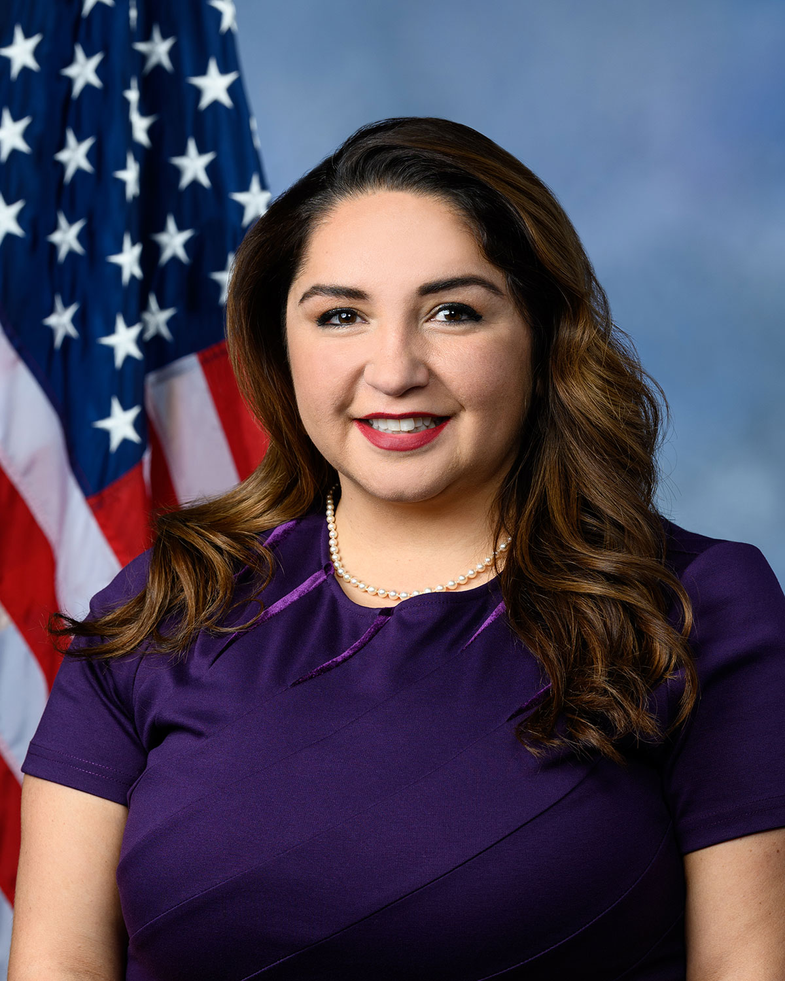
Co-Sponsor
-
TrackJanice D. Schakowsky
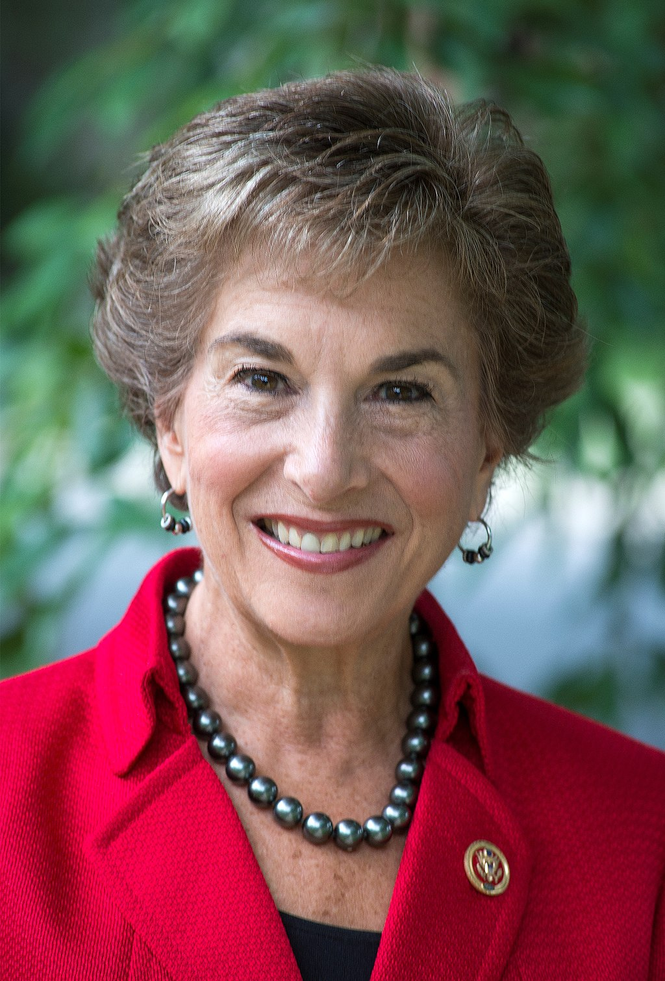
Co-Sponsor
-
TrackLateefah Simon
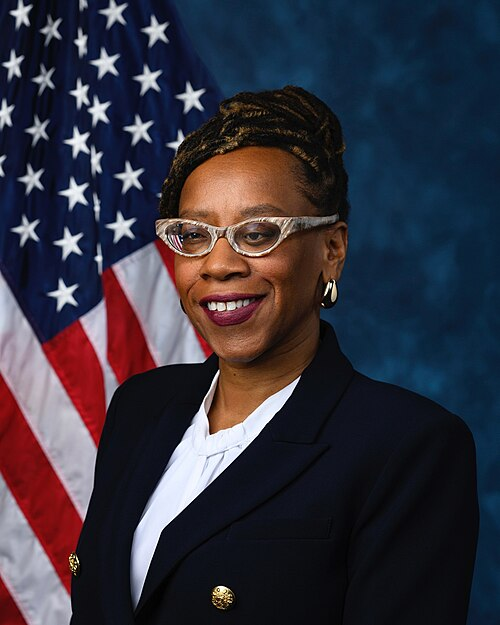
Co-Sponsor
-
TrackDarren Soto
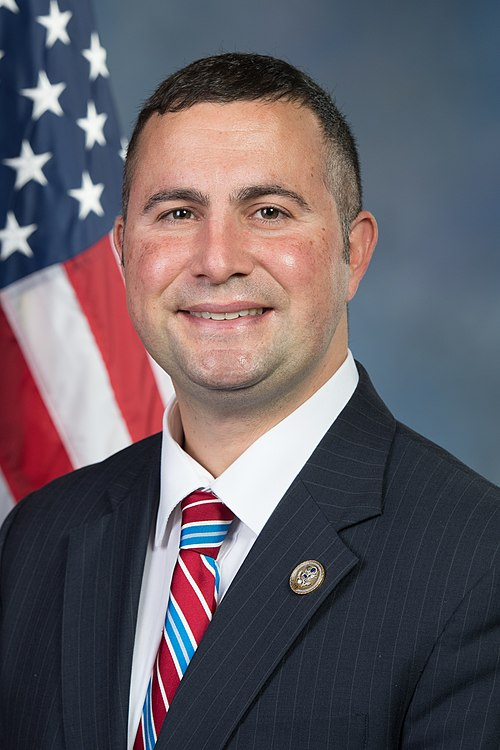
Co-Sponsor
-
TrackShri Thanedar

Co-Sponsor
-
TrackRashida Tlaib
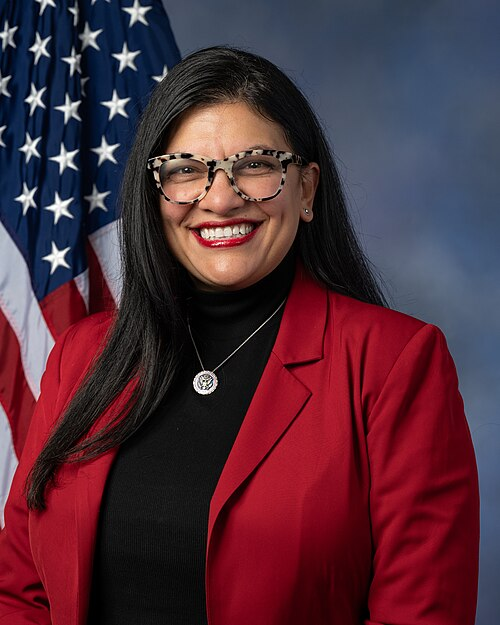
Co-Sponsor
-
TrackLauren Underwood
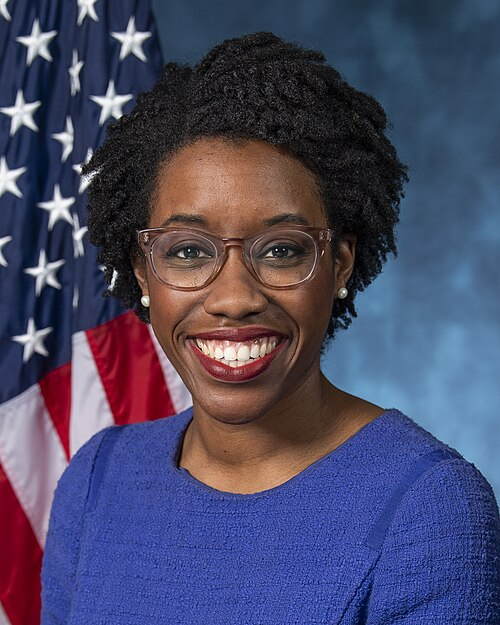
Co-Sponsor
-
TrackNydia M. Velázquez
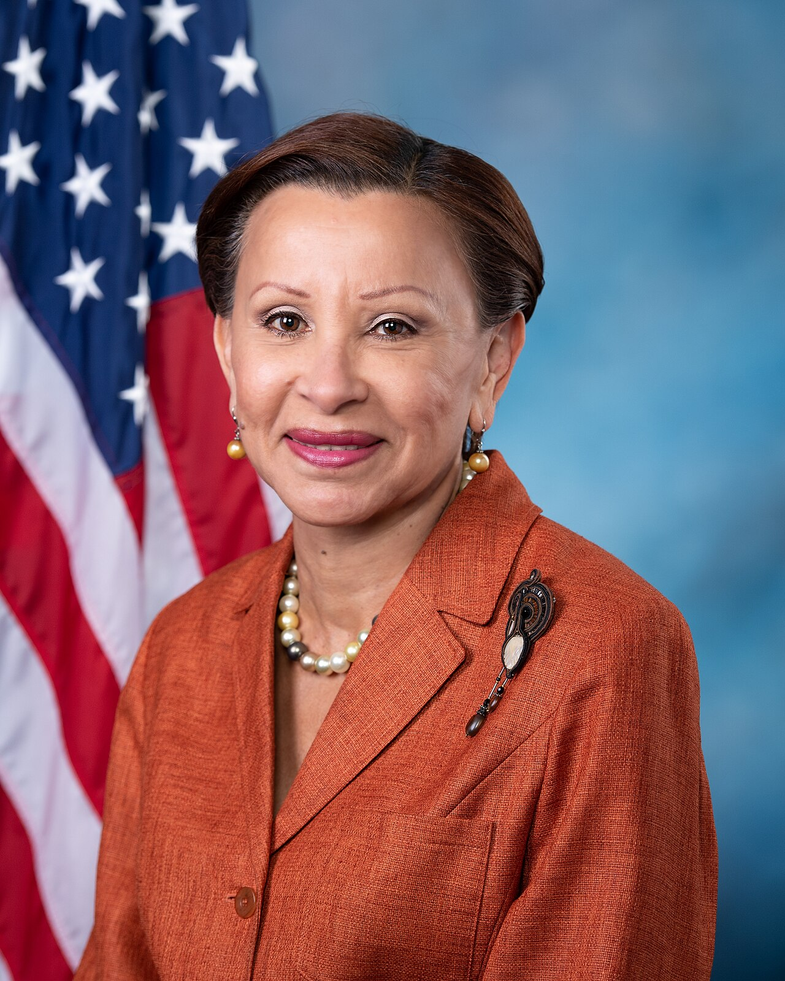
Co-Sponsor
-
TrackBonnie Watson Coleman
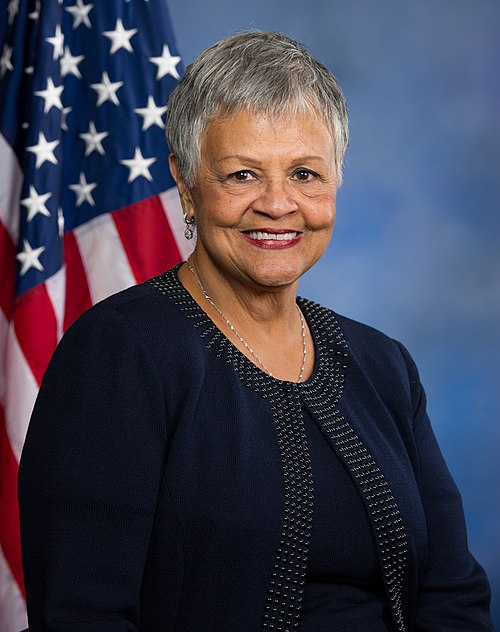
Co-Sponsor
-
Tracknan

Co-Sponsor
Actions
2 actions
| Date | Action |
|---|---|
| Jun. 26, 2025 | Introduced in House |
| Jun. 26, 2025 | Referred to the Committee on Transportation and Infrastructure, and in addition to the Committees on Oversight and Government Reform, Natural Resources, and the Judiciary, for a period to be subsequently determined by the Speaker, in each case for consideration of such provisions as fall within the jurisdiction of the committee concerned. |
Corporate Lobbying
0 companies lobbying
None found.
* Note that there can be significant delays in lobbying disclosures, and our data may be incomplete.
Potentially Relevant Congressional Stock Trades
No relevant congressional stock trades found.